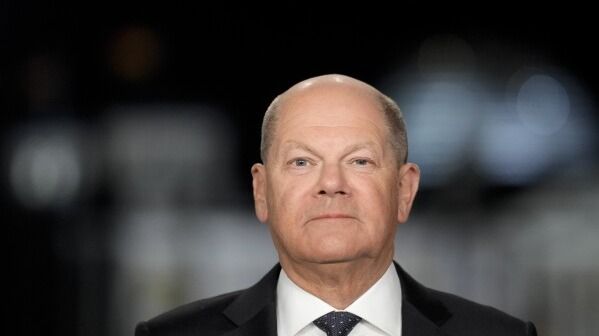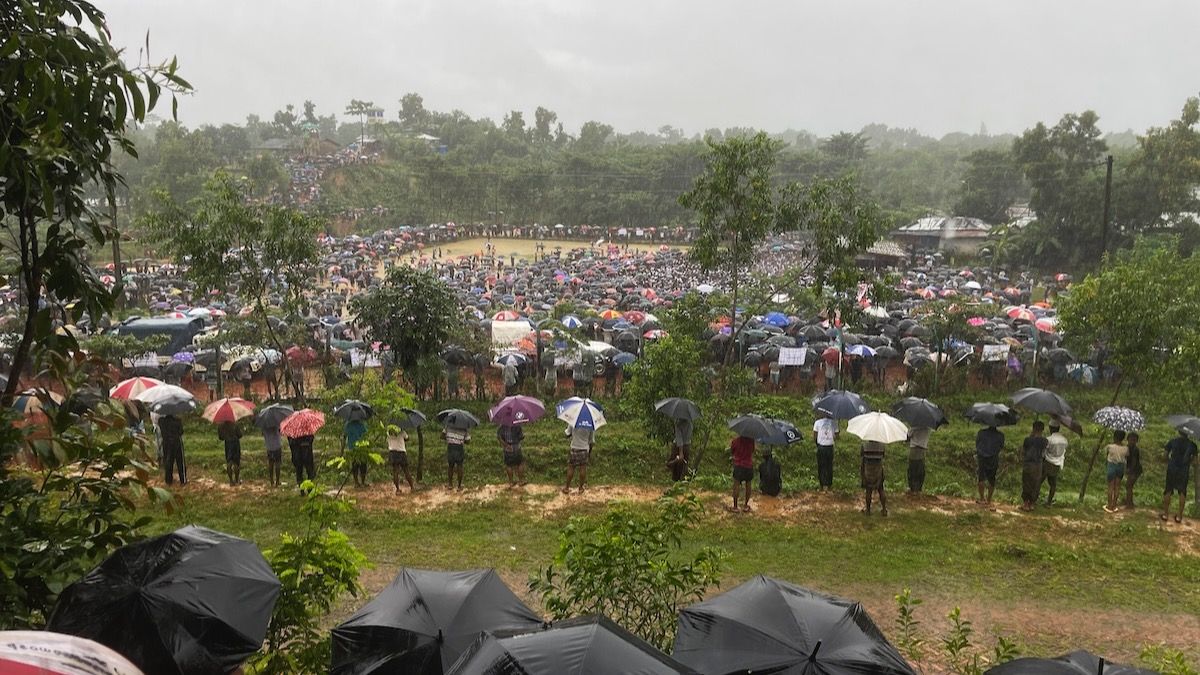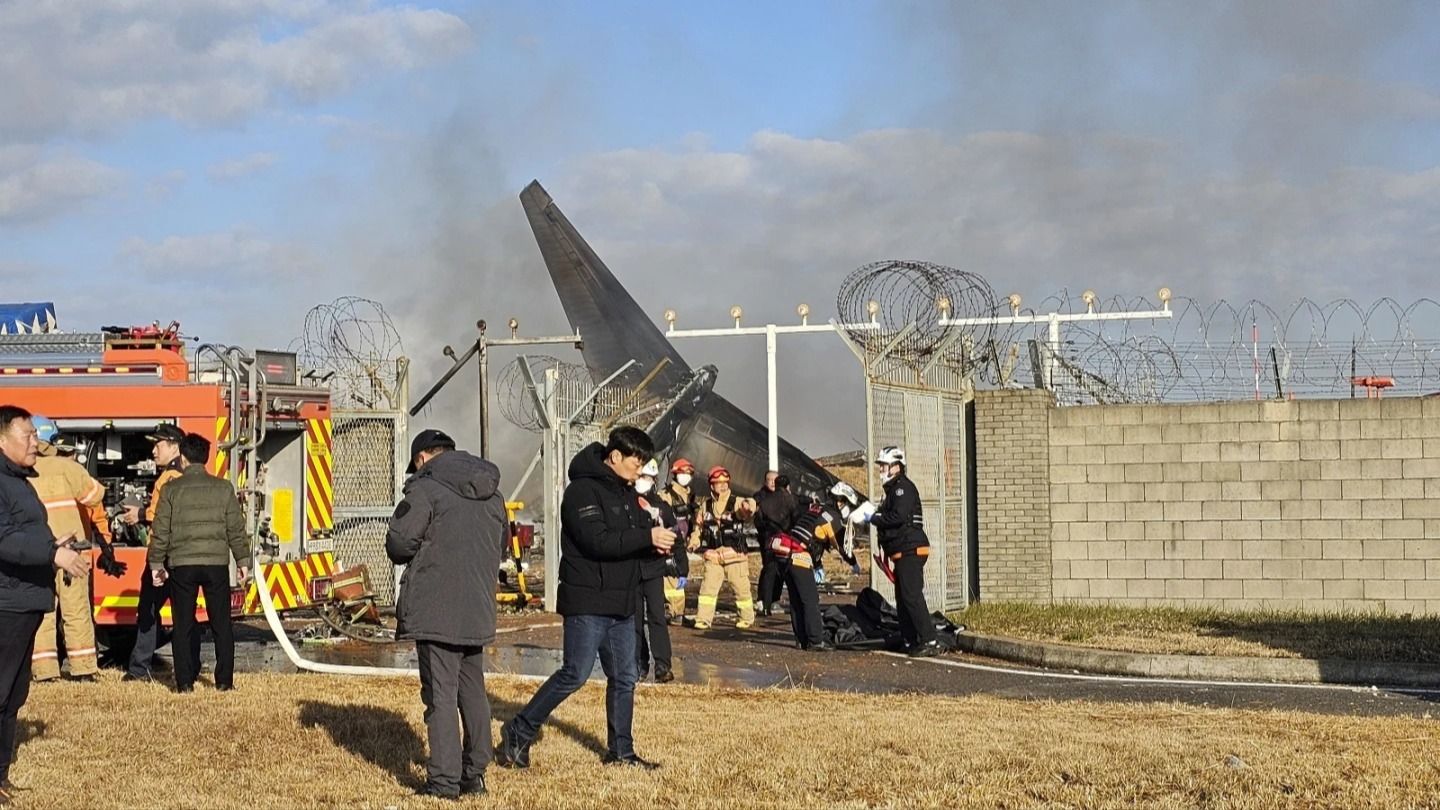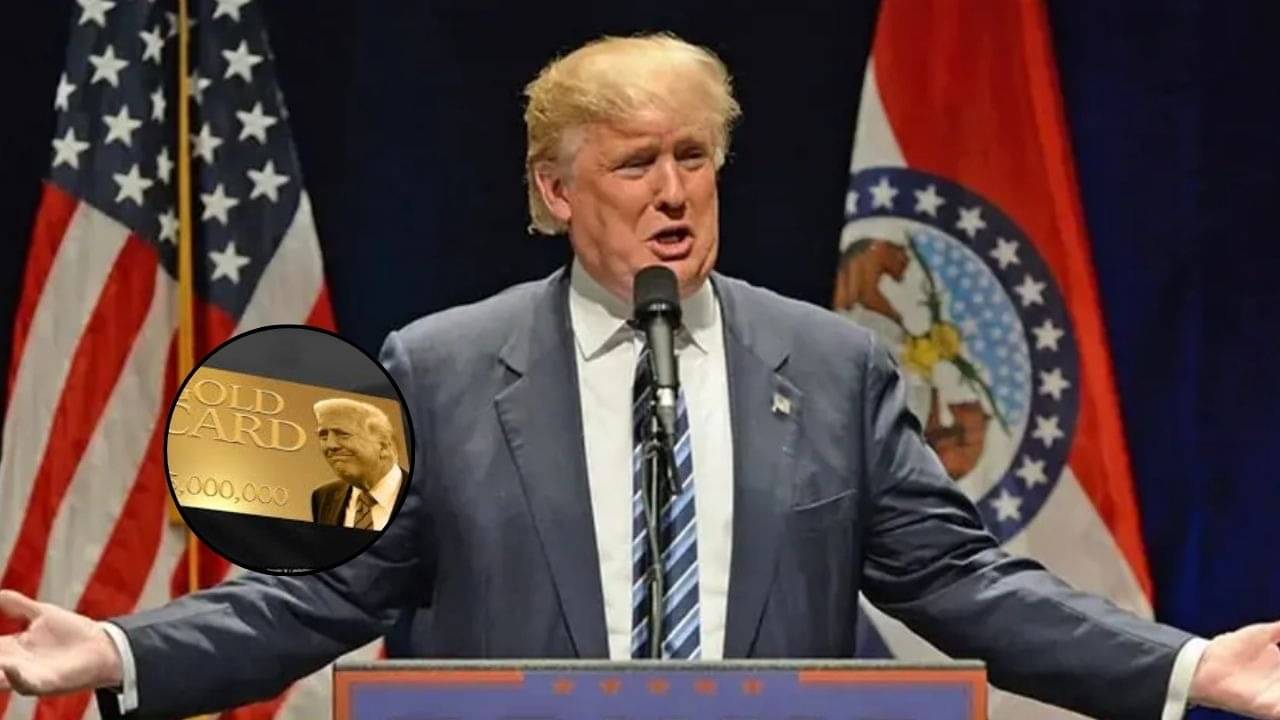Berlin: German Chancellor Olaf Scholz lost a no-confidence motion in the German parliament on Monday, clearing the path for early general elections on February 23, 2025, in the EU’s largest economy.
In the Bundestag, 394 deputies voted against Scholz, while only 207 expressed confidence in the chancellor, with 116 abstentions. Scholz had been anticipated to lose the vote after his three-party coalition collapsed last month.
Scholz’s fragile three-party government collapsed on November 6 after he fired his finance minister over a prolonged disagreement on reviving Germany’s sluggish economy. The minister’s pro-business party then pulled out of the coalition, leaving the two remaining center-left partners without a parliamentary majority.
Who is in the race to become next German Chancellor?
As he formally requested the confidence vote on Wednesday, Scholz said that voters will “decide in the election how we answer the big questions that we face.”
Those, he said, include whether Germany decides to “invest strongly in our future,” secure jobs and modernize its industry, keep pension levels stable and “come closer to a just peace in Ukraine without Germany being drawn into the war.” Germany has become Ukraine’s biggest military supplier in Europe, but Scholz also has refused to supply long-range Taurus cruise missiles over concerns of escalating the war with Russia.
Center-right challenger Friedrich Merz on Saturday predicted “one of the hardest election campaigns” in modern German history, as Scholz’s Social Democrats “have their backs to the wall.” He said that it’s crucial to make the economy more competitive, because “the competitiveness of our economy is the precondition for everything else.”
Polls show Scholz’s party trailing behind Merz’s main opposition Union bloc. Vice Chancellor Robert Habeck, whose Greens are further back, is also bidding for the top job.
The far-right Alternative for Germany, which is polling strongly, has nominated Alice Weidel as its candidate for chancellor but has no chance of taking the job because other parties refuse to work with it.
Confidence votes are rare in Germany, a country of 83 million people that prizes stability. This is only the sixth time in its postwar history that a chancellor has called one.
The last was in 2005, when then-Chancellor Gerhard Schröder engineered an early election that was narrowly won by center-right challenger Angela Merkel.
(with agency inputs)
Germany to Hold Early Elections on Feb 23 After Chancellor Scholz Loses Confidence Vote world-news World News | Latest International News | Global World News | World Breaking Headlines Today




